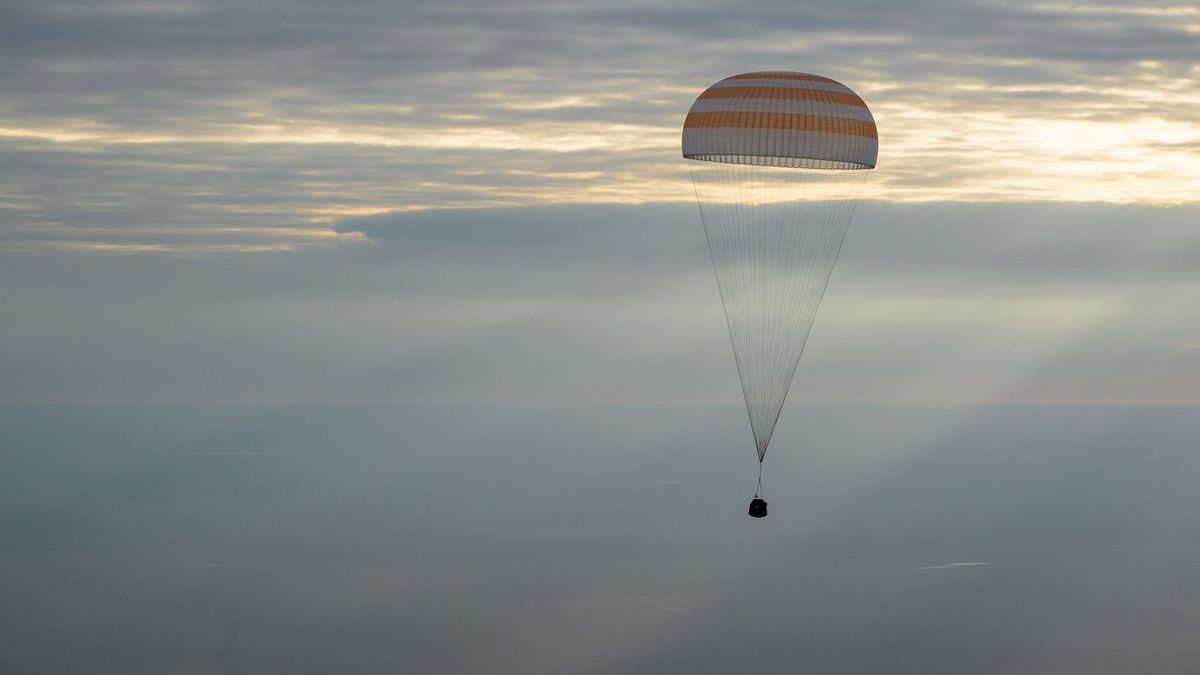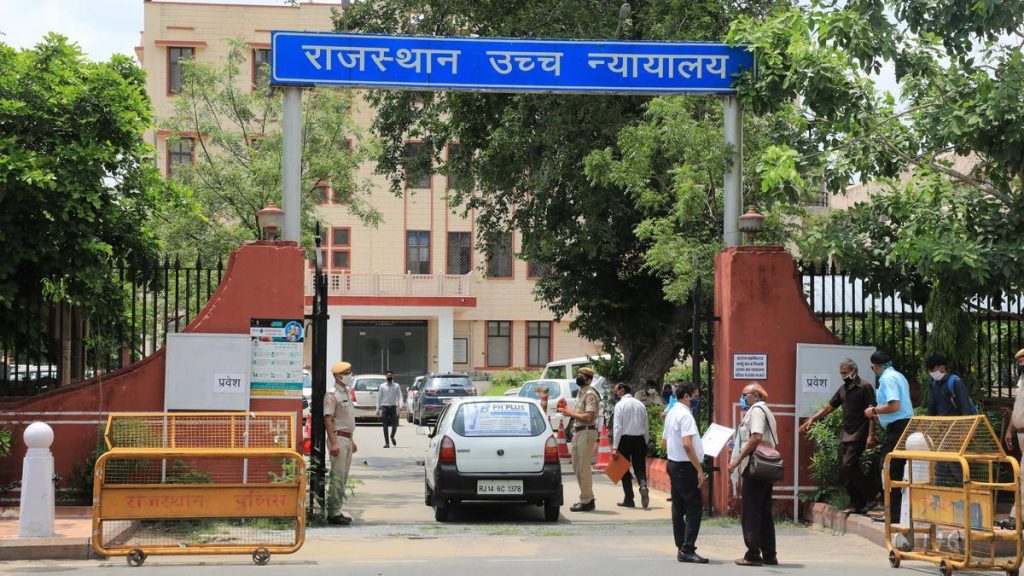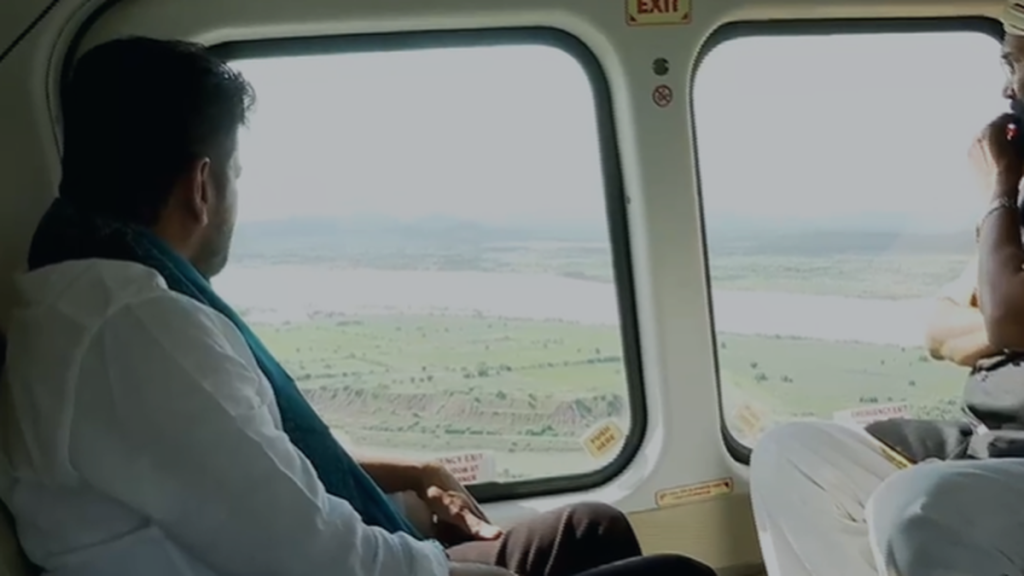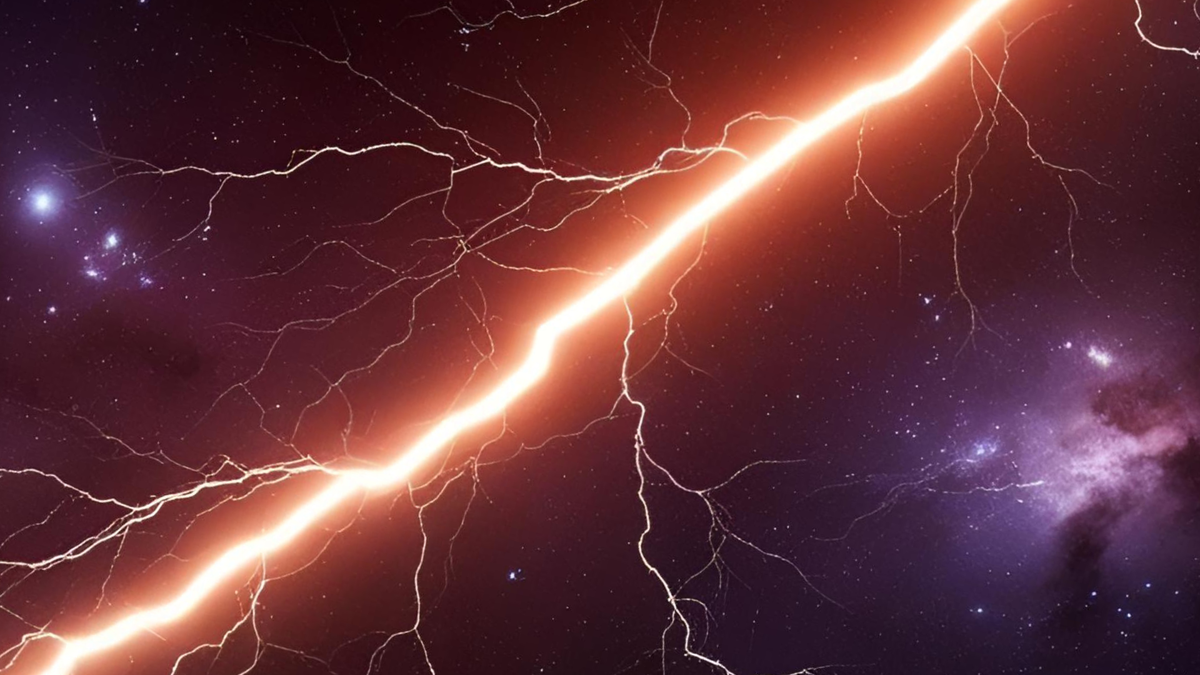Now Reading: NASA’s Oldest Astronaut Returns to Earth on 70th Birthday with Space Station Crew
-
01
NASA’s Oldest Astronaut Returns to Earth on 70th Birthday with Space Station Crew
NASA’s Oldest Astronaut Returns to Earth on 70th Birthday with Space Station Crew

Quick Summary
- NASA’s oldest active astronaut, Don Pettit, landed from the International Space Station (ISS) on his 70th birthday after a 220-day space mission.
- Pettit was joined by Russian cosmonauts Aleksey Ovchinin and Ivan Vagner aboard the Soyuz MS-26 spacecraft. They landed in Kazakhstan at 9:20 p.m.EDT on April 19.
- The Soyuz MS-26 had traveled over 93.3 million miles and orbited Earth 3,520 times during its seven-month mission.
- Pettit’s total career time in space now stands at 590 days across four missions, while Ovchinin’s totals are at 595 days and Vagner’s at 416 days after two flights each.
- the crew conducted numerous science experiments and technology trials during their stay on the ISS, including space photography by Pettit and an X-ray spectrometer installation by Ovchinin and Vagner during a spacewalk.
- Remaining aboard the ISS are astronauts from NASA, JAXA (Japan), Roscosmos (Russia), who continue ongoing scientific activities.
!Image of Don Pettit being carried to a medical tent
Don Pettit being carried to a medical facility post landing. (Image credit: NASA/Bill Ingalls)
!Soyuz MS-26 undocking from ISS
Soyuz MS-26 undocks from ISS before returning to Earth. (Image credit: NASA)
Indian Opinion Analysis
Don Pettit’s milestone of safely returning to Earth on his birthday highlights human resilience in advancing space exploration even beyond perceived age limits. For India-a country with growing ambitions in space through ISRO-the achievements of veterans such as Pettit underscore the importance of nurturing expertise for long-term missions like Gaganyaan or future lunar explorations.
The collaborative spirit shown by multinational crews like those aboard ISS lays groundwork for similar global efforts that India could join or lead-significant for sustained research done outside earth’s atmosphere. Though significant expertise exists within ISRO’s scientist pool today, creating systems that enable extended multi-national cooperation would benefit India’s aspirations toward becoming an indispensable player in high-stakes aerospace initiatives.By observing such successful journeys closely-executed under challenging conditions spread across months-Indian policymakers should prioritize grooming astronauts capable of conducting advanced experiments over extended periods while maintaining public engagement with science education through inspiring individuals like these.
























